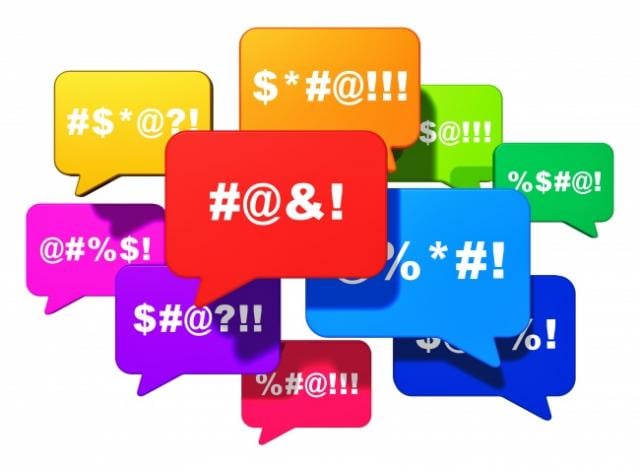About This Lesson
On April 21, 2017, a Florida state senator resigned his office because of a controversy that involved him using slurs in the presence of two other lawmakers, specifically using racial slurs for Black people, derogatory language about women and engaging in other vulgar language. In his resignation letter, Senator Frank Artiles wrote: “My actions and my presence in government is now a distraction to my colleagues, the legislative process, and the citizens of our great State. I am responsible and I am accountable and effective immediately, I am resigning from the Florida State Senate.” This is just one example that got media attention; however, it seems that slurs, epithets and offensive jokes are part of our everyday lives and many people are unsure what to say or do when confronted with this offensive language.
This lesson provides an opportunity for students to learn more about the situation with Senator Artiles, explore their thoughts and feelings about different slurs and offensive jokes that they hear online and in school and explore possible responses to slurs when they hear them.















I enjoy this lesson and can see myself using it (with modifications) with my middle school students. Thank you!